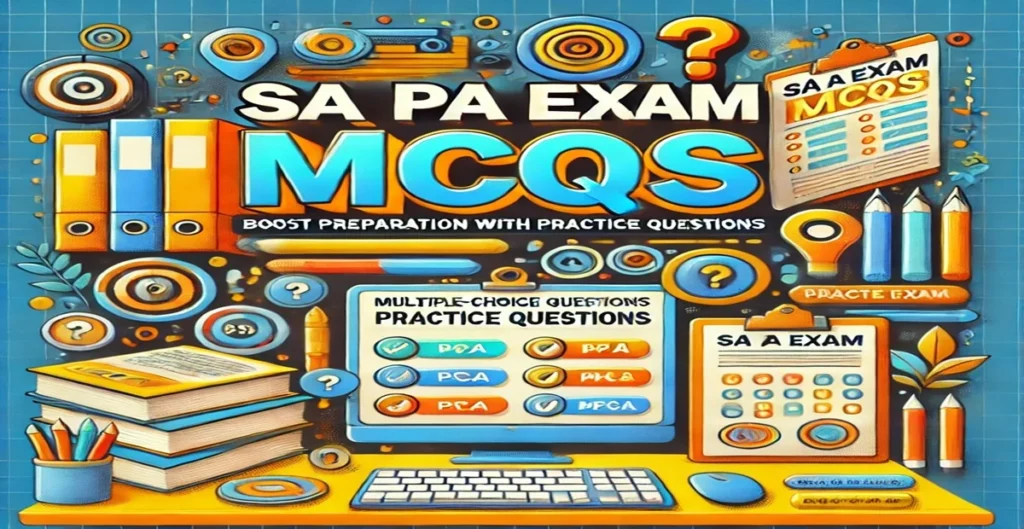Volume-II Paper 03- MCQs- Practice high-quality MCQs for the Inspector of Post Office (IPO) Exam covering key postal rules, procedures, and current schemes. Ideal for quick revision and accurate self-assessment based on the latest syllabus.
1.What is a petition as per the Postal Manual?
a) A formal request for change
b) A representation, not an appeal
c) An appeal to a higher authority
d) A complaint against a superior authority
2.Petitions should be submitted:
a) Directly to the higher authority
b) Through the proper channel
c) Only in English
d) Without any documentation
3.Joint petitions are:
a) Acceptable under all circumstances
b) Inadmissible
c) Allowed if they concern different personal matters
d) Only allowed for service-related matters
4.When submitting a petition, it must:
a) Be vague and open-ended
b) Be written in a formal, legal language
c) Be clear, concise, and respectful
d) Avoid any specific request
5.Petitions against the order of an Inspector must be submitted through:
a) The Head of the Circle
b) The Superintendent
c) The Director of Postal Services
d) The Director General
6.If dissatisfied with a Superintendent’s decision, a petition can be made to:
a) The Inspector
b) The Director General
c) The Director of Postal Services
d) The Head of the Circle
7.Petitions against the Director of Postal Services must be submitted through:
a) The Superintendent
b) The Head of the Circle
c) The Director General
d) The President
8.Petitions submitted directly to higher authorities, bypassing the proper channel, will be:
a) Processed immediately
b) Filed without notice
c) Automatically accepted
d) Escalated to the highest authority
9.When forwarding petitions, the officer receiving it must:
a) Ignore the petition if not relevant
b) Provide a full report and relevant documents
c) Reject petitions without investigation
d) Submit it directly to the higher authority without any report
10.Petitions to higher authorities should be submitted within:
a) One year
b) Six months
c) Three months
d) One month
